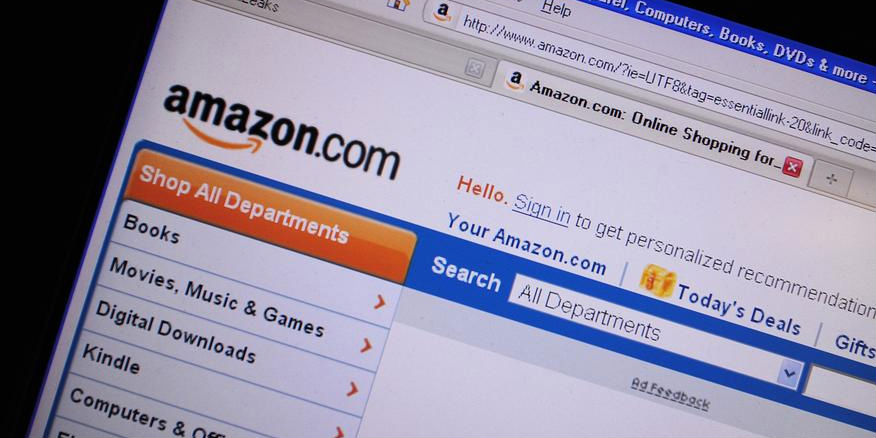Tax-free online shopping could become a thing of the past.
Videos by Rare
Notable Senate Republicans and Democrats are determined to push through an Internet sales tax right after the mid-term elections. Like so many bills that have nice sounding names, the so-called Marketplace Fairness Act would raise taxes on customers and be a nightmare for budding entrepreneurs.
As it currently stands, out of state online purchases are tax free. It’s not necessary to pay sales taxes on items that you buy online unless you’re purchasing it from a company with a physical presence in your state, such as a store or a distribution center.
With the Marketplace Fairness Act, you’d be required to pay sales taxes on all of your online purchases. This tax increase would affect millions of Americans who are choosing to do their Christmas shopping online.
An Internet sales tax would require businesses to charge a tax on their customers based on where they live—not where the business is located. Can you imagine the headache that this would cause?
It would be overly complicated for online businesses to pay sales taxes on goods shipped across state lines. There are nearly 10,000 different sales tax jurisdictions in the United States. The number of tax jurisdictions varies widely by state—New Jersey has only two while Texas has over 1,500 different sales tax jurisdictions.
To add extra confusion, some jurisdictions charge different rates based on the type of item being sold. For example, eight states fully or partially exempt clothing from sales taxes. Some exceptions do apply. In Pennsylvania, there are no sales taxes on clothes except for formal wear, bathing suits, fur coats, and accessories such as jewelry or purses.
Other states exempt clothes from sales taxes up to a certain amount. The cap is $175 in Massachusetts, $110 in New York, and $250 in Rhode Island. Then the regular sales tax rate kicks in.
It’s become common for busy people to purchase their necessities online for convenience purposes. In many states, food and medical items are exempt from sales taxes or taxed at a reduced rate. Though, there are many quirky exceptions to the rule.
In Pennsylvania, for instance, contact lens cleaning solution is subject to sales taxes but contact lens wetting solution is not. Soda is taxed but candy is not. Sunscreen is taxed but not sunburn treatment.
It’s difficult enough to navigate just one complex tax code for businesses in the state. Now, imagine, being an online business trying to figure out thousands of multifaceted tax jurisdictions across the country.
As you can imagine, an Internet sales tax would create a huge burden for entrepreneurs. Small businesses who can’t afford to hire a tax lawyer or accountant would be the hardest hit. A study by the True Simplification of Taxation (TruST) coalition finds that it would cost businesses $80,000 to $290,000 to setup and another $57,500 to $260,000 a year in fees and auditing expenses.
Moreover, there are valid concerns that an online sales tax would be an instance of taxation without representation.
Some Republicans have dubbed an Internet sales tax to be a “state’s rights issue.” Not so fast, though. States already have the ability to collect taxes on all businesses within their borders. This debate is really about allowing states collecting taxes from businesses in other jurisdictions.
Let’s say you’re an online business operating in New Hampshire—one of five states with no sales tax. Even though you live in a state with no sales tax, you’ll still have to comply with the sales taxes of other jurisdictions. Why should you have to pay taxes to California?
Another argument for the Marketplace Fairness Act is that it levels the playing field between online companies and brick and mortar stores. However, many companies sell their items both in a physical store and online.
Big solely online companies like Amazon are actually supporting the Marketplace Fairness Act. At first, that may sound surprising. Wouldn’t an online sales tax be a burden on them? However, Amazon knows that it can easily afford the compliance costs but it could put their smaller competitors out of business.
Small online companies are already faced with the cost and wait of shipping their merchandise.
In effect, the online sales tax is less about eliminating unfair competition and more about protecting big business from competition in the marketplace.
The Marketplace Fairness Act would be disastrous to both consumers and entrepreneurs alike. The Internet is the world’s freest marketplace and it should stay that way.



